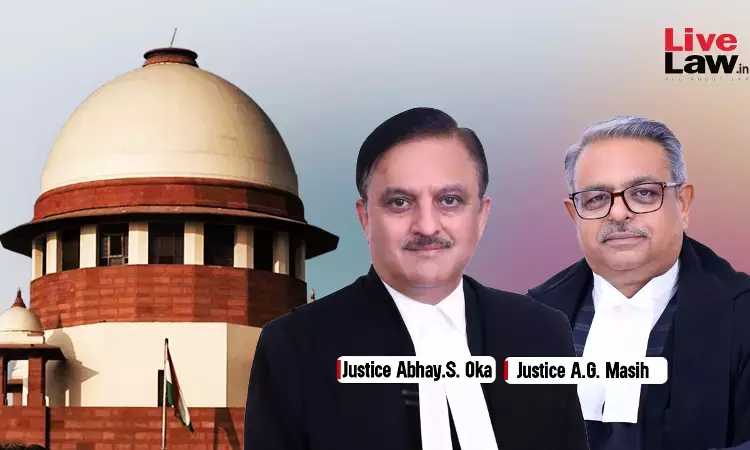Requirement Of Expeditious Trial Must Be Read Into Special Statutes Imposing Stringent Bail Provisions : Supreme Court
Amisha Shrivastava
26 Sept 2024 3:56 PM IST

The Constitutional Courts cannot allow provisions like Section 45 PMLA to become instruments in the hands of the ED to continue incarceration for a long time.
Next Story


